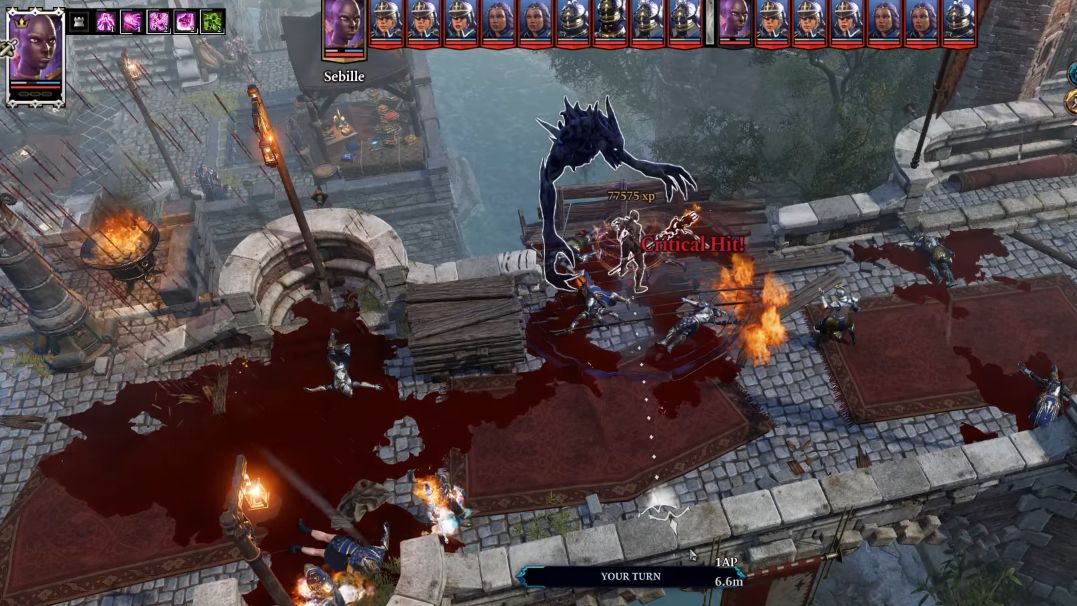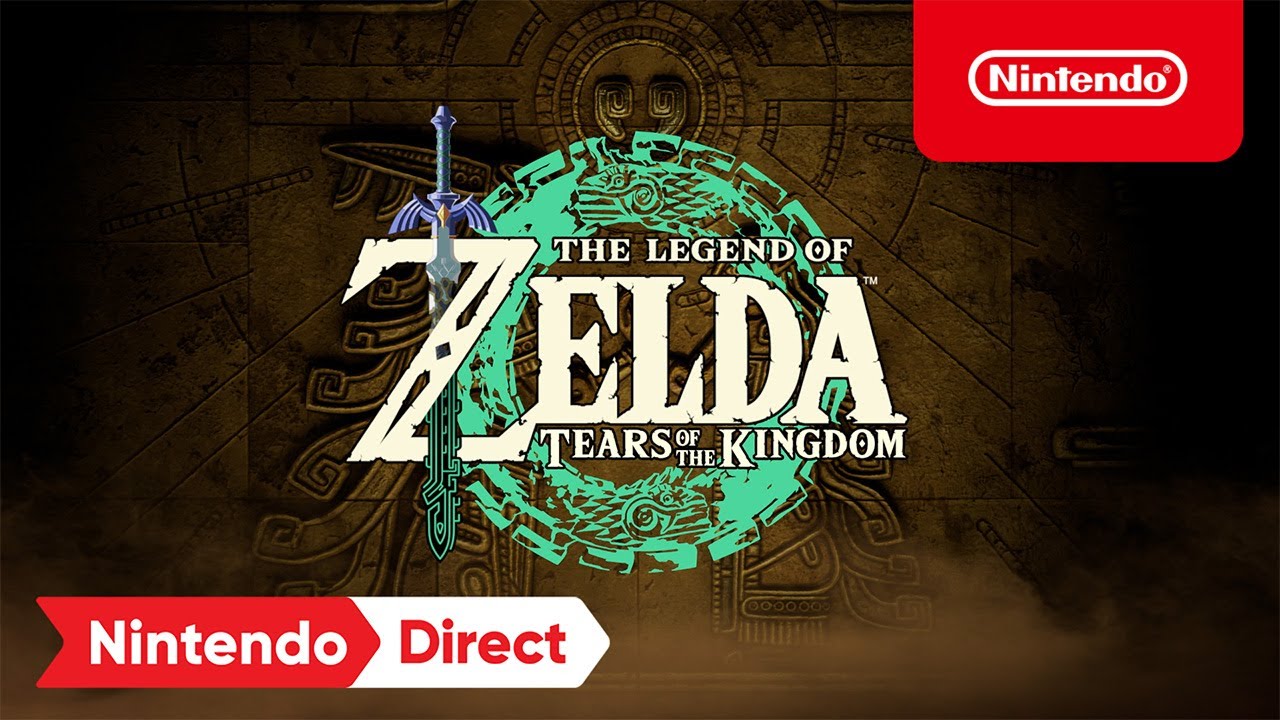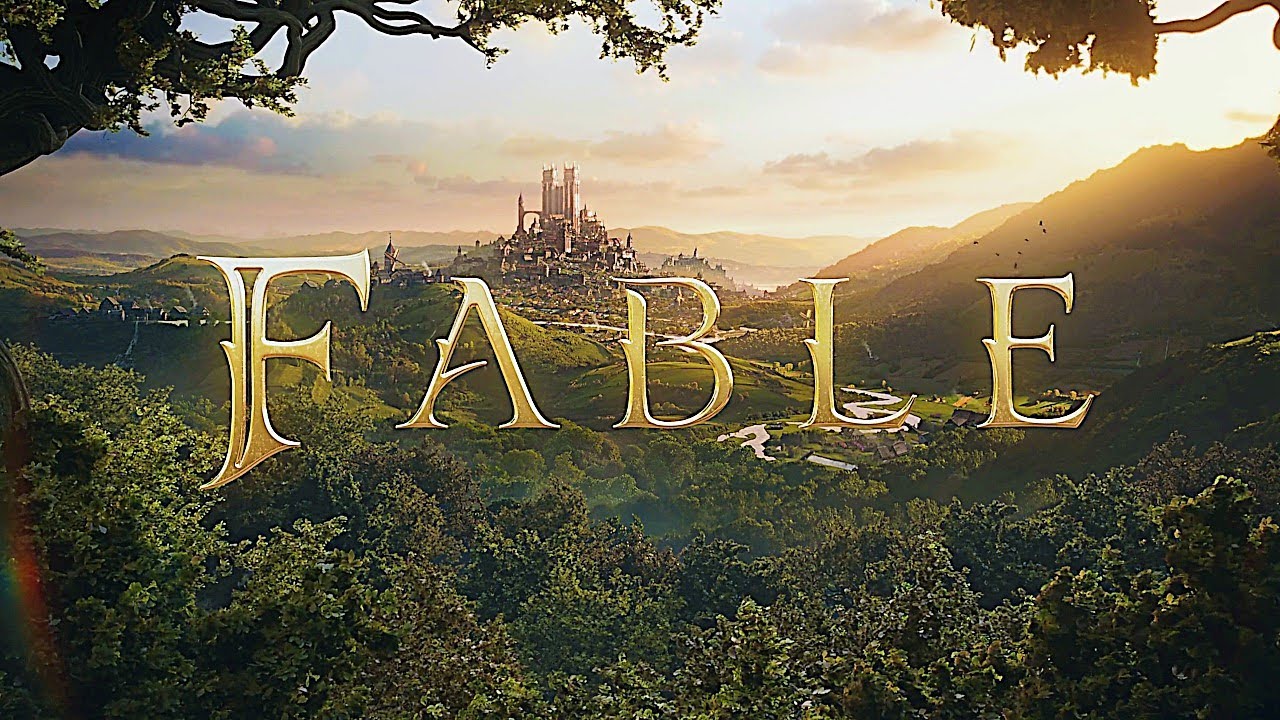Magic In Video Games - Unleashing The Extraordinary
Whether it's casting spells, summoning otherworldly creatures, or manipulating the elements, magic in video games adds a touch of wonder and adventure. In this article, we will explore the different facets of magic in video games and delve into the ways it has revolutionized gameplay and storytelling.

Cody Parker
Aug 17, 2023
Video games have long captivated audiences with their ability to transport players into fantastical realms and grant them incredible powers. One of the most enchanting aspects of these virtual worlds is the presence of magic. Whether it's casting spells, summoning otherworldly creatures, or manipulating the elements, magic in video gamesadds a touch of wonder and adventure. In this article, we will explore the different facets of magic in video games and delve into the ways it has revolutionized gameplay and storytelling.
The Origins Of Magic In Video Games
Magic has been a fundamental element of gamingsince its inception. From the early days of text-based adventures to the immersive worlds of modern role-playing games (RPGs), magic has played a pivotal role in shaping gameplay mechanics and narratives. Games like "Zork" and "Adventure" introduced players to the concept of using magical spells to overcome obstacles and solve puzzles, paving the way for the magical experiences we enjoy today.
Evolving The Spellcasting Experience
As technology advanced, so did the ways in which players interacted with magic in video games. With the introduction of graphical interfaces, spellcasting became more immersive and visually stunning. Games like "Ultima" and "The Elder Scrolls" series allowed players to explore vast worlds, discover ancient tomes of spells, and master different schools of magic.
Today, games such as "The Witcher 3: Wild Hunt" and "Dragon Age: Inquisition" have taken spellcasting to new heights. Players can unleash devastating fireballs, summon companions to aid them in battle, and manipulate time itself. The intricate animations and spell effects immerse players in a world where magic feels tangible and awe-inspiring.

The Witcher 3: Wild Hunt - Launch Cinematic
From Mage To Mender: Diverse Magic Users
Magic in video games is not limited to a single archetype. Developers have embraced the idea of diverse magic users, offering players a range of characters with unique magical abilities. Whether it's a fire-wielding sorcerer, a cunning illusionist, or a healer with restorative powers, each character brings a distinct flavor to the gameplay experience.
Role-playing games, in particular, have embraced the concept of varied magic users. Games like "Final Fantasy" and "World of Warcraft" present players with an array of classes and subclasses, each with their own magical prowess. This diversity not only adds depth to the gameplay but also encourages players to experiment with different playstyles and strategies.
The Art Of Spellcraft: Customization And Progression
Magic in video games often comes with a sense of progression and customization. As players delve deeper into the game world, they have the opportunity to learn new spells, upgrade existing ones, and unlock powerful abilities. This progression system not only enhances the gameplay experience but also allows players to shape their magical identity within the game.
Games like "The Elder Scrolls V: Skyrim" and "Dark Souls" exemplify the depth of spellcraft customization. Players can specialize in specific schools of magic, acquire rare spells, and even create their own unique spells through enchanting or crafting systems. The freedom to tailor their magical abilities to suit their playstyle fosters a sense of ownership and personalization.

The Legend of Zelda: Tears of the Kingdom – Official Trailer #1
Magic As A Narrative Device
Magic in video games is not just about gameplay mechanics; it also serves as a potent narrative device. From epic quests to personal journeys, magic often acts as a catalyst for storytelling, propelling the player through immersive narratives. Games like "Bioshock" and "Dishonored" incorporate magic into their narratives, weaving intricate tales of power, corruption, and redemption.
Magic also plays a significant role in world-building. In games like "The Legend of Zelda" series, magical artifacts and ancient spells are deeply intertwined with the lore and history of the game world. The presence of magic adds a layer of mystery and intrigue, inviting players to uncover the secrets and hidden depths of the virtual realm.
Collaborative Conjuring: Magic In Multiplayer Games
Magic in video games becomes even more exhilarating when shared with others. Multiplayer games have integrated magic as a cooperative or competitive element, allowing players to team up with friends or face off against each other in magical duels.
Games like "Spellbreak" and "Magicka" focus on multiplayer magic battles, where players can combine spells and coordinate their efforts to defeat opponents. The cooperative nature of these games fosters teamwork, strategic thinking, and dynamic gameplay, as players experiment with different spell combinations and synergies.
The Magic Of Choice - Morality And Consequences
Magic in video games often presents players with moral choices and the potential consequences of their actions. Games like the "Fable" series and "The Witcher" series feature branching storylines, where players' decisions and the use of magic can influence the game world and the characters within it. Witchcraftis another kind of magic very present in modern video games, you can learn more in this article from joynumber.
The ability to choose between using magic for good or succumbing to darker temptations adds depth to the gameplay experience. Players may face moral dilemmas as they navigate complex ethical landscapes, with the game world and characters reacting accordingly. The inclusion of morality systems and consequences adds an extra layer of immersion and player agency, making the magical journey even more impactful.

FABLE 4 Trailer 4k (2020)
Magic In Competitive Esports - Strategic Spellcasting
The world of competitive esports has also embraced magic as a thrilling aspect of gameplay. Games like "League of Legends" and "Dota 2" feature characters known as mages or spellcasters, who possess powerful magical abilities that can turn the tide of battles.
In esports tournaments, skilled players showcase their expertise in using magic-based characters, strategically coordinating their spells and abilities to outplay their opponents. The competitive nature of these games, combined with the intricacies of spellcasting and team dynamics, creates a captivating spectacle for both players and spectators.
People Also Ask
What Is Magic In RPG?
In role-playing games (RPGs), magic refers to a set of supernatural abilities or powers that characters can harness and utilize within the game world. These abilities typically involve manipulating the elements, casting spells, summoning creatures, or performing extraordinary feats that go beyond the limits of normal human capabilities.
Magic in RPGs often plays a crucial role in gameplay mechanics and character progression. Players may control characters known as mages, wizards, sorcerers, or other magic-wielding classes, who rely on their magical abilities to overcome challenges, defeat enemies, and advance through the game's storyline. Magic can provide offensive, defensive, or utility functions, offering players a wide range of strategic options in combat and exploration.
Why Is Magic Called Mana?
The term "mana" is commonly used in video games, particularly in RPGs, to represent a resource or energy pool that is consumed when using magical abilities. The concept of mana originated from Polynesian culture and religion, where it referred to a spiritual energy or power.
In the context of video games, the term "mana" was adopted to represent the magical energy or power that characters draw upon when casting spells or using magical abilities. It serves as a limitation or cost for using magic, preventing characters from casting spells indefinitely and requiring them to manage their resources strategically.
The choice of using the term "mana" in video games is likely due to its mystical and evocative connotations, aligning with the fantasy and magical themes often present in RPGs.
Does Magic Have A Video Game?
"Magic" itself does not refer to a specific video game, as it is a concept and element that can be found in various video games across different genres. There are numerous video games that incorporate magic as a central gameplay mechanic or narrative element.
Some notable video games that prominently feature magic include "The Elder Scrolls" series, where players can master different schools of magic and cast a wide range of spells, and the "Dragon Age" series, which offers a rich magic system where players can control powerful spells and abilities.
Conclusion
Magic in video games continues to captivate and delight players of all ages. It offers a unique and immersive experience, allowing players to tap into extraordinary powers and explore fantastical worlds.
The evolution of spellcasting mechanics, the diverse range of magic users, the customization and progression systems, and the narrative impact of magic all contribute to making video games a magical medium of entertainment. As technology advances and game developers continue to push boundaries, we can only anticipate even more enchanting experiences to come. So, grab your virtual staff, memorize your incantations, and embark on a magical journey like no other in the vast realm of video games.